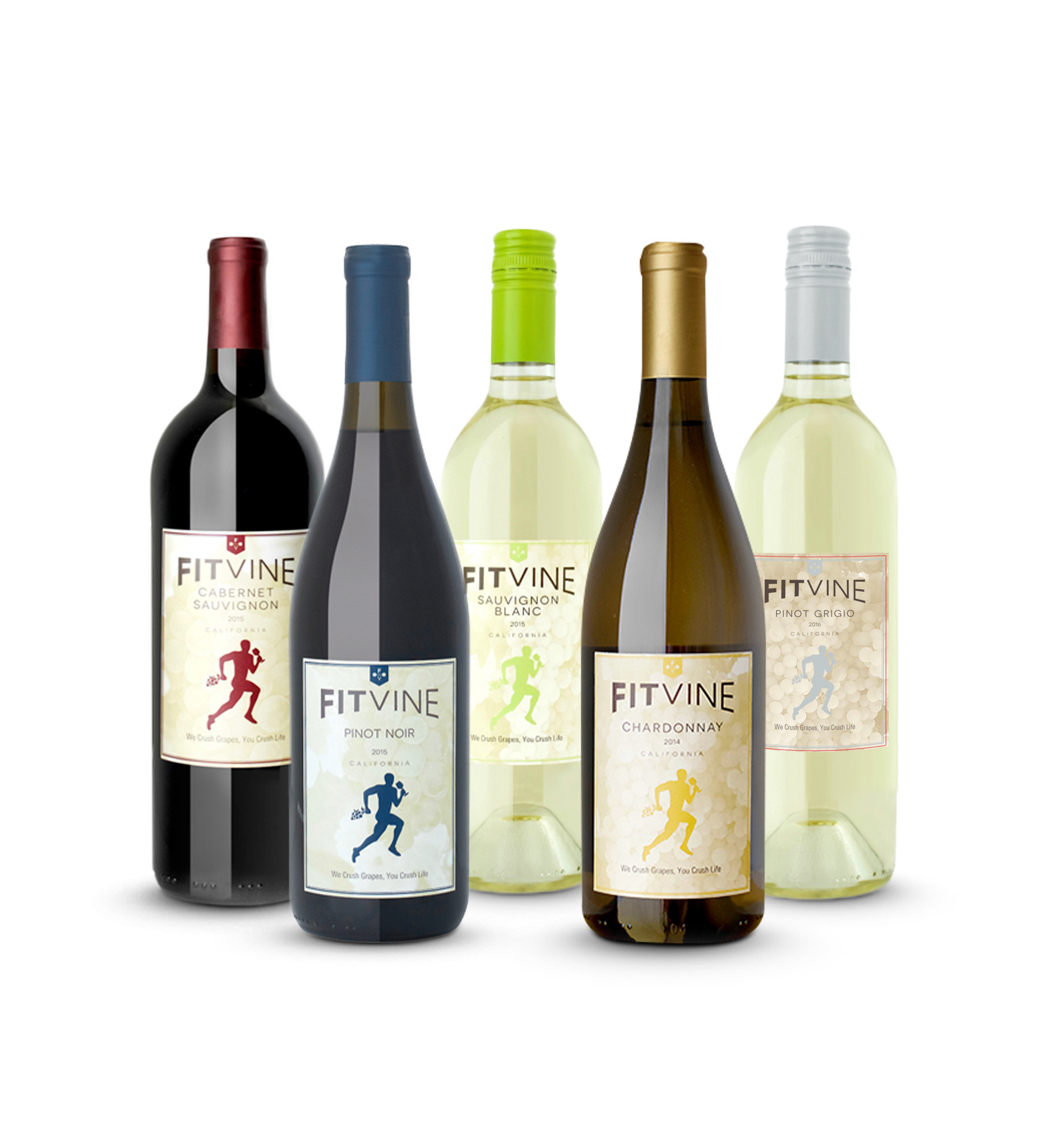Finding Natural Wines, Not Easy, But Becoming Easier
Natural wines are often hard to find and get, but they are becoming more accessible. They are mainly hard to find because there is not a generally recognized certification body for what is required for a wine to be a “natural” wine. This makes it difficult to determine if the wine you’re considering buying is made in a completely natural way with minimal ingredients and processing. If you have the time you can do your research and find out which growers are producing these wines in the right way, but it takes more time and effort to do this than most will care to supply. But don’t worry that’s why I’m here, to supply you with resources for finding natural wine producers and to introduce you to a couple companies that are making or finding “natural” wines for you.
Resources for Finding Natural Wines
First, let’s go over some of the resources that you can use to help in your search for natural wine producers and their wines.
Isabelle Legerons Book – Natural Wine
In Part 1 (What is natural wine?) of her book, Natural Wine: An Introduction to organic and biodynamic wines made naturally.1 Isabelle Legeron tells you what natural wine is, how it’s produced, some common misconceptions about wine, what dry-farming is, and very briefly goes over why natural wine is better for your health. In part 2 (Who, where, when?) she gives you exactly that. Who are the natural growers behind these wines, as well as when and where you can find them.
Vivino, World’s Largest Wine App
Another great resource is the wine app, Vivino.2 With this app you can find nearly any wine that exists, since their wine library consists of 10 million different wines. An easy way to find a wine that you can bet is made naturally is to use Isabelle Legerons – natural wine producers list to pick out a wine. Then type the name of wine into the vivino apps search for wine tool and voila, nearly every time, there is your wine.
Getting Natural Wines
Dry-Farm Wines, The Only Natural Wine Club (that I’m aware of)
Let’s say that’s still more effort than you’d like to give, isn’t there a simpler way. Yes, you’ll be glad to find out there are simpler options. The first is Dry-Farm Wines,3 a wine club that curates only naturally produced wines with no additives, added sugars, or fillers and sends them to you. They are the only health-focused, organic wine club in the world. Their wines all share natural farming and traditional winemaking practices, including:
- Natural, organic or bio-dynamic viticulture/farming
- Dry farming, no use of irrigation
- Old growth vines, generally 35-100 years
- Hand harvested fruit from low yields
- Minimal intervention in the vinification and aging
- Wild native yeast in fermentation
- No or minimal filtering/fining
- No or minimal use of new oak
- No or minimal addition of SO2 (sulfites)
- No chaptalization (adding sugar to the grape must in fermentation)
- No chemical additives for aroma, color, flavor or texture enhancement
All Dry-farm wines are scrutinized through a lab analysis by a certified enologist. This is to ensure they meet their exact and specific standards of purity.
Fitvine, The Healthiest Wine in the World?
Fitvine wine4 is another option and no this wine is not called Fitvine because their wines have added protein. In fact, there’s not much added, at all. As you can read on their website; FitVine Wine was born when friends made a pact to craft amazing wines that also fit their lifestyles. Our team is always on the go, whether we’re doing CrossFit, cycling, running, skiing, paddle boarding, or just enjoying the outdoors. We set about combining our love for wine and fitness with an ethic for sustainability.
The Fitvine Processing Methods
Their fermentation process is in line with how wine used to be, and should be, traditionally fermented. To create wines that are clean tasting and rich in flavor and mouthfeel, their wines go through malolactic fermentation. They ferment to dry, lowering sugar levels. In doing this, wines average less than 1.2g of sugar per liter or ~0.2g per 5oz glass. The Chardonnay, Sauvignon Blanc and Pinot Grigio average approximately 90 calories and 3g of carbohydrates at 13.4% alcohol (per 5oz glass). The Cabernet and Pinot Noir average approximately 95 calories and 3.4g of carbohydrates at 13.9% alcohol. Not only does the proprietary process they’ve developed allow them to extract more color and tannins, it also filters all of the wines with both diatomaceous earth and micron pads. Fitvine wines contain sulfites at <35 ppm (parts per million), which is very low.
The Curators of Fitvine
The curators for Fitvine are very picky when selecting grapes. They choose only the highest quality grapes from small farmers who focus on quality, not quantity. That’s why their wines are simply great tasting with 95 or less calories and 0.2 grams of sugar per 5 oz glass. If you’re trying to be more conscious about what you’re putting into your body and looking for a wine that champions the way you want to live your life – drink FitVine.
- https://www.amazon.com/Natural-Wine-introduction-biodynamic-naturally/dp/1782491007
- https://www.vivino.com/?gclid=Cj0KCQiAzfrTBRC_ARIsAJ5ps0vT6LYgTWKT6WxI8Kw77IRlWwGlipWU9td-kcIPJbvIbbMuZ8mbfHYaAm4_EALw_wcB&gclsrc=aw.ds
- https://www.dryfarmwines.com/?gclid=Cj0KCQiAzfrTBRC_ARIsAJ5ps0tsEFi8unX07btyWY0capg4GhNYDvybJYILCAGBm1F8bC187JHjcSgaAt4VEALw_wcB
- https://www.fitvinewine.com/

